"Of all the riders I've met in my career, Van der Poel is the most impressive I've ever seen" - John Degenkolb
CyclingWednesday, 01 January 2025 at 12:14

There is currently a generation of supertalents in cycling, riders that will make the history books - both in terms of performances, but also the palmarès they have built. John Degenkolb and Tim Wellens were asked about the most impressive rider in the peloton and they have agreed that Mathieu van der Poel is one of a kind.
Degenkolb, 'Mr. Roubaix', is far past his prime but still performs in what is his favourite race, almost cracking the Top10 this year. He recalls seeing Mathieu van der Poel's performance in the 'Hell of the North' earlier this year and what he felt regarding it. "There was nothing you could do about it today. At least in this peloton. Because you can't forget who couldn't participate. The peloton has lost quite a lot of quality in recent weeks," the German said in words to Het Laatste Nieuws.
Degenkolb, himself a winner of Paris-Roubaix, Milano-Sanremo and stages in all Grand Tours, has no reservations when stating that "of all the riders I've met in my career, Van der Poel is the most impressive I've ever seen. Not just today, everything he's touched in the past two years has turned to gold."
Read also
That can be attested by his results, including two Paris-Roubaix wins, one Tour of Flanders, one World title on the road, one in Gravel, two in Cyclocross, a Milano-Sanremo and more. It's a streak that is only not taken into consideration more because equally the sport has seen another untouchable talent such as Tadej Pogacar take to the road simultaneously.
"I don't think it's possible to do anything about it, but I'm not frustrated when I have to race against a rider like that," Wellens says of the Alpecin-Deceuninck rider, knowing the sheer talent that van der Poel holds. "I look at it with admiration. It's not like Mathieu is sitting at home on the couch and then comes to win. We also have one like that in the team, he's also at a different level," he refers to Pogacar. "Van der Poel probably works the hardest of them all. I see that with Tadej too."
Wellens complements the two, arguing that the amount of training and work put in between races really does set them apart from many others. "Everyone always talks about his super talent, but at the end of the year he always has the most kilometers, the most hours on the bike and the highest 'training stress score'. It doesn't just happen."
Read also
Legendary moments of the 2024 cycling season: the incredible atmosphere on Montmartre during the Olympic road race in Paris. 😍🇫🇷 Mathieu van der Poel and Wout van Aert flying up this hill was a nice bonus.pic.twitter.com/3s4c7OnhIK
— Mihai Simion (@faustocoppi60) December 28, 2024
claps 10visitors 6
Just in
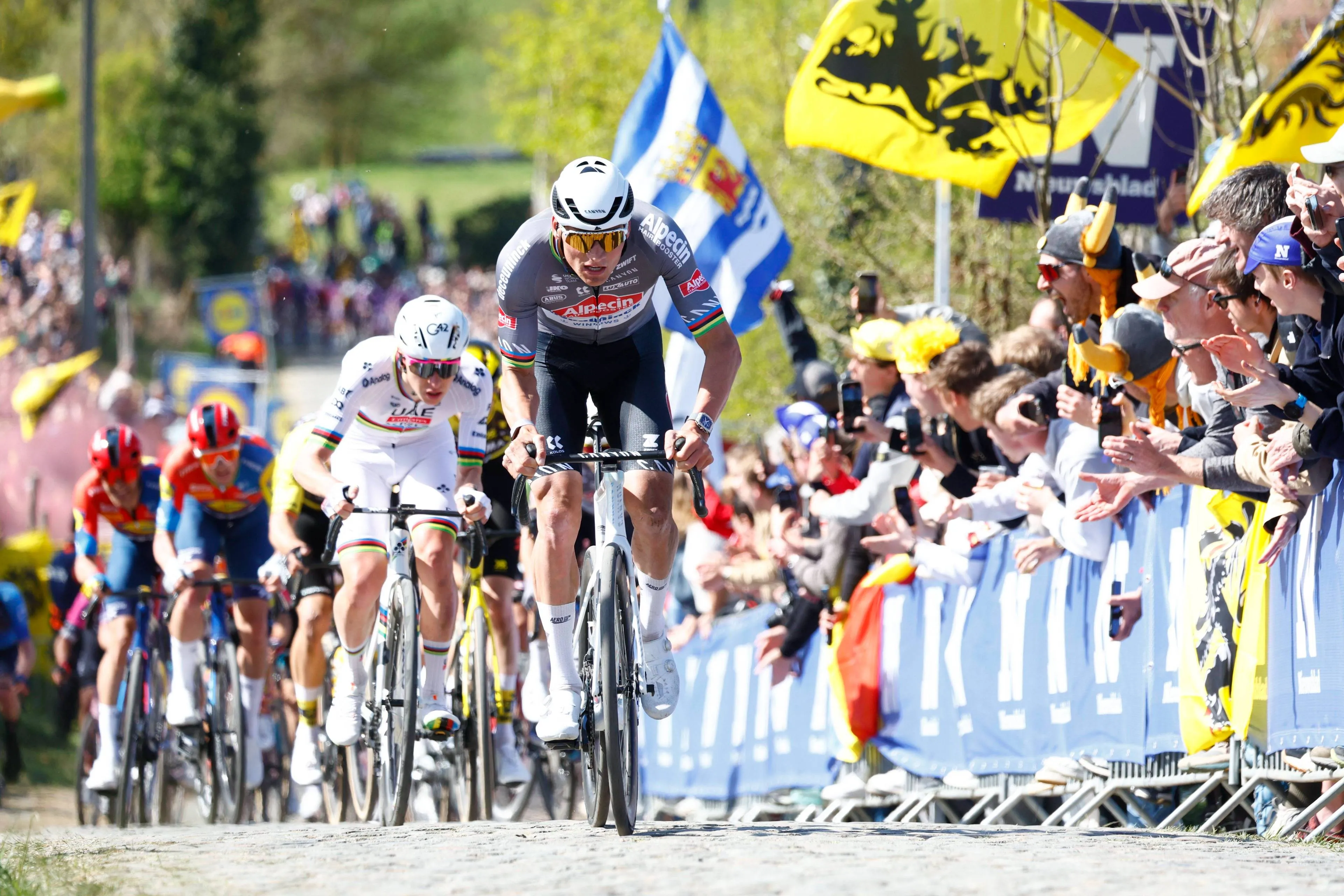
Subscribe to our Daily Newsletter today!
Apr 06, 15:11
0
Popular news
Latest comments
- Stage win onlyabstractengineer07-05-2025
- Maybe she was pushed, she seemed too out of control for fellabstractengineer07-05-2025
- He wins the Vuelta because the best don't show up. With how he rides, he's better for the TdF but not good enough for who showsVeganpotter07-05-2025
- True, but unless Tadej or Jonas fall off their bike or get sick, no one is going to beat them. The 2014 Tour was decided by the Shark of Messina long before Contador or Froome were injured. I miss Nibali.awp07-05-2025
- Everyone thought Froome or Contador had the 2014 Tour locked up, and look what happened. Anything can occur in a race.itsent07-05-2025
- The handbags are already out aren't they? Let's see who pulls for who.Renz07-05-2025
- "I think they forgot last year, and when Jonas was injured," and I think you forgot 2023 L-B-L, when Tadej was injured and had to improvise a training without bike. Tadej only could riding a "normal" bike again only 2 weeks before the Tour. That TT he couldn't knowing well at all.
 maria2024202407-05-2025
maria2024202407-05-2025 - It's unfortunate a rider of his caliber hasn't won the Tour de France and I can't fault him for trying, in fact, I respect it. But he never will win the Tour as long as Tadej and Jonas are in the peloton, and we might as well add Remco to that list as he is the youngest and seems to be coming up quickly behind Tadej and Jonas. I hope Primoz can capture another Giro and maybe another Vuelta before he calls it a day.awp07-05-2025
- "He breaks the conventions we once held", yeah, Tadej es disruptive, unique. Perhaps because he doesn't come from a family/country with tradition in cycling, so the "laws" of cycling were unknown to him and he was just looking/seeking to have fun. Traditions are beautiful but sometimes can be limiting.
 maria2024202407-05-2025
maria2024202407-05-2025 - I'd win so much money off Blythe on this one!bobo07-05-2025

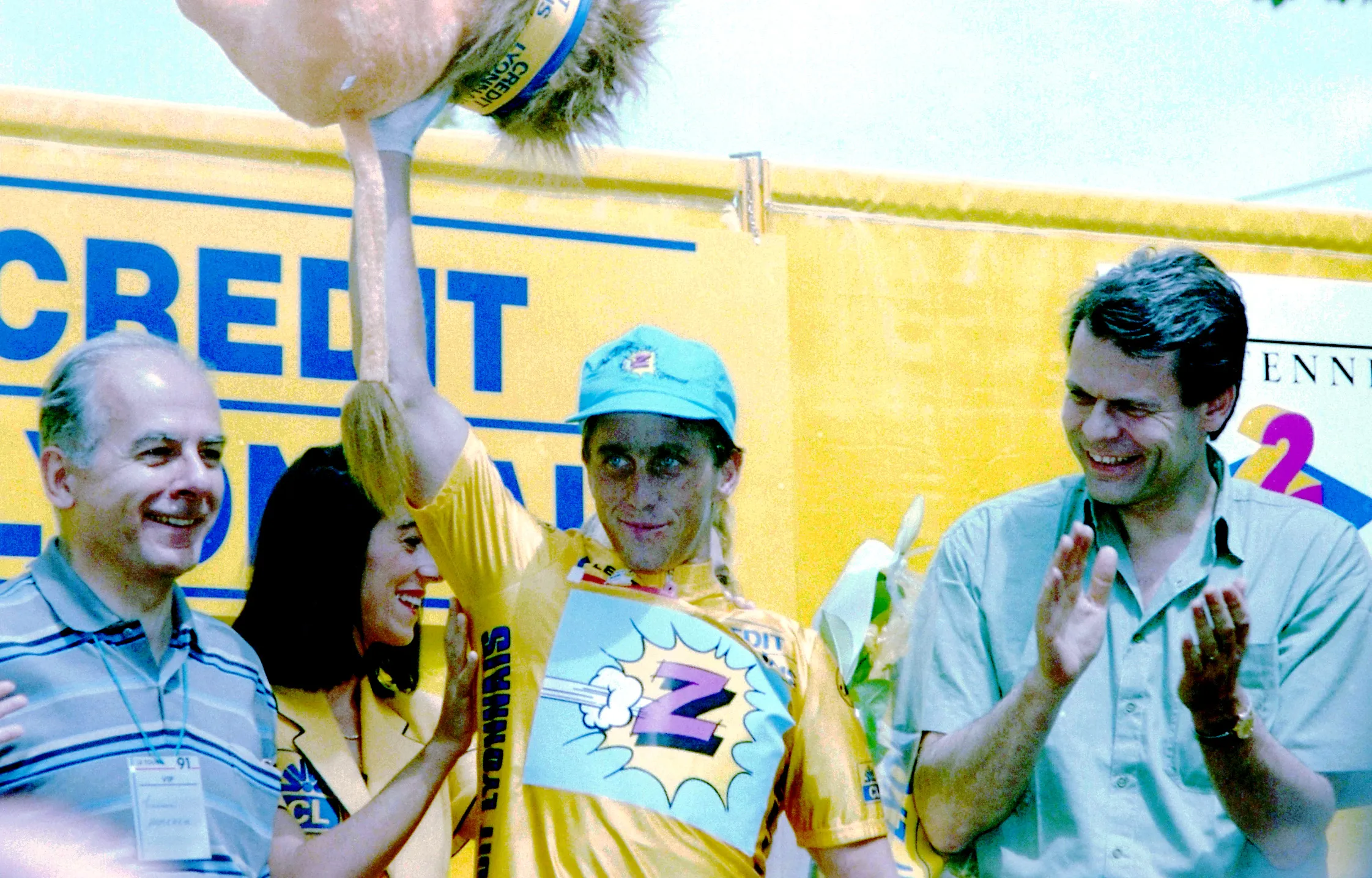

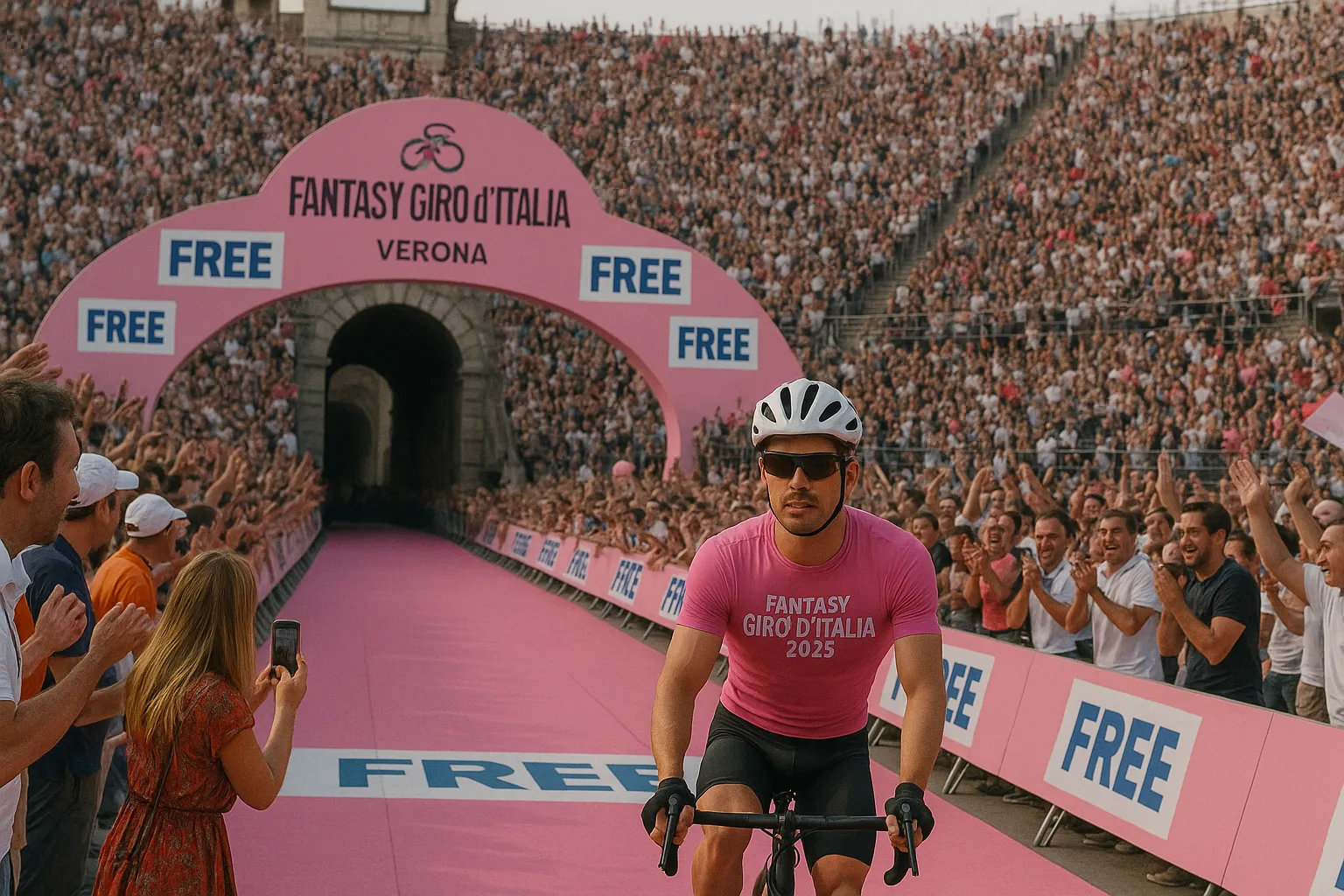
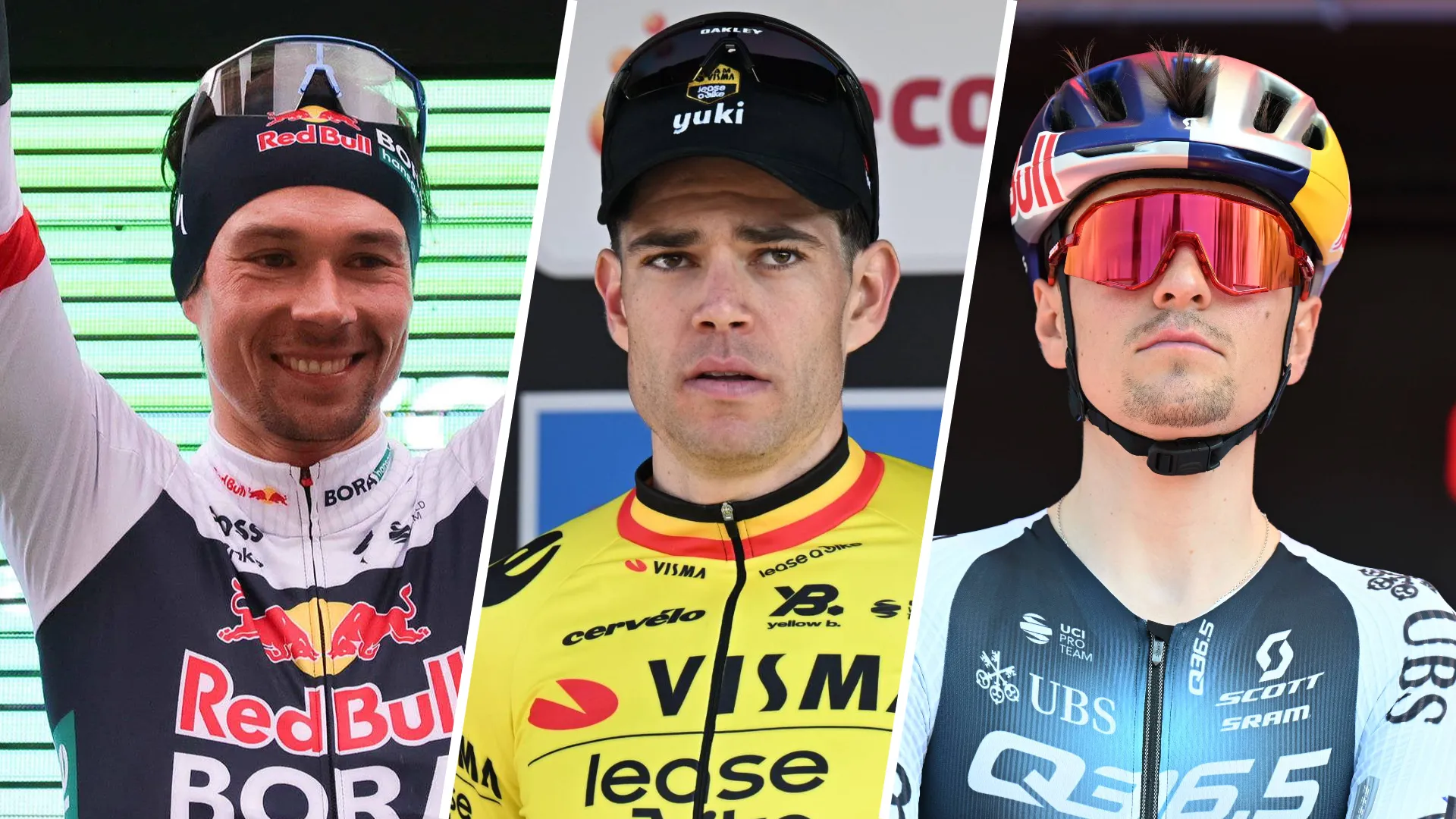

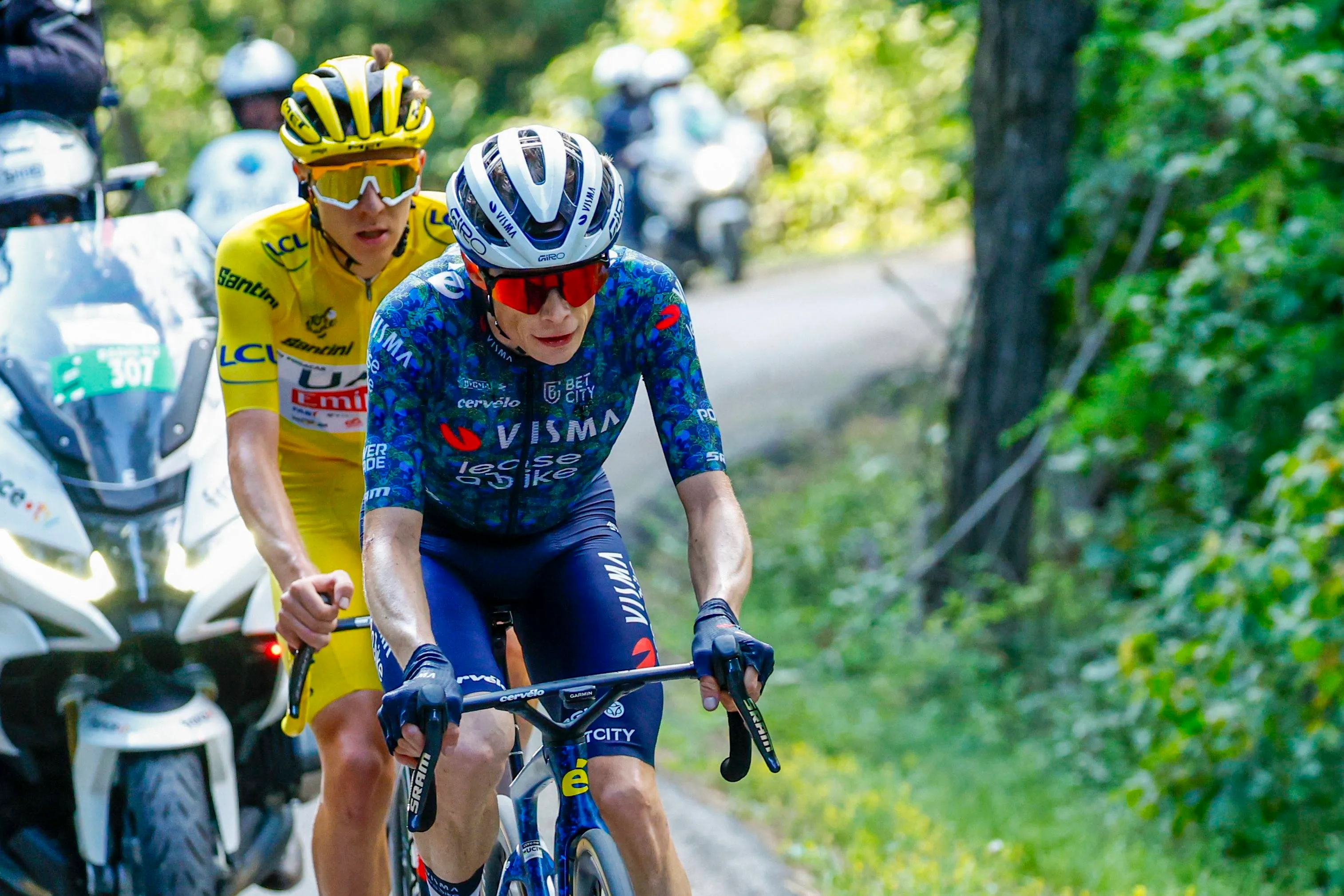

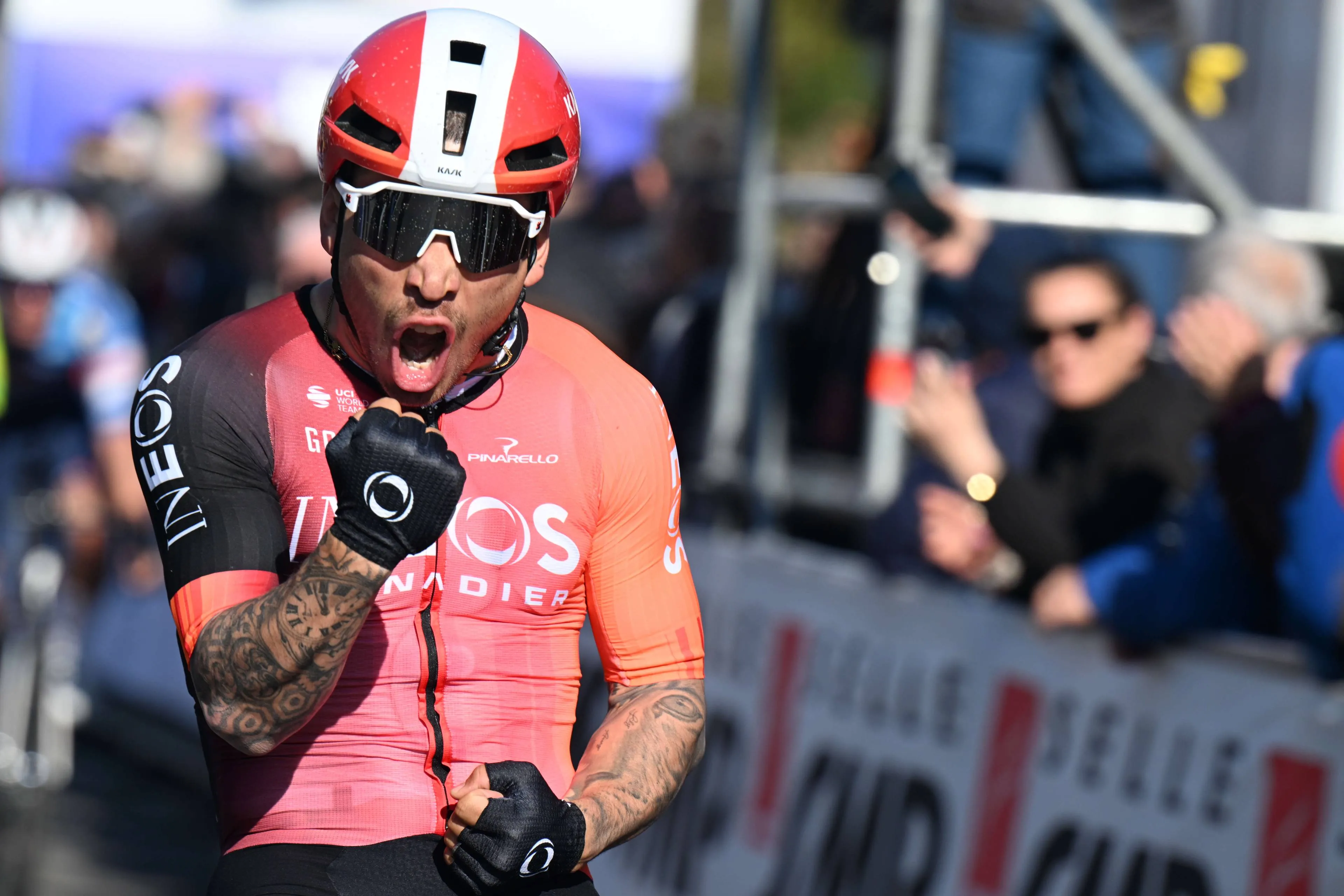
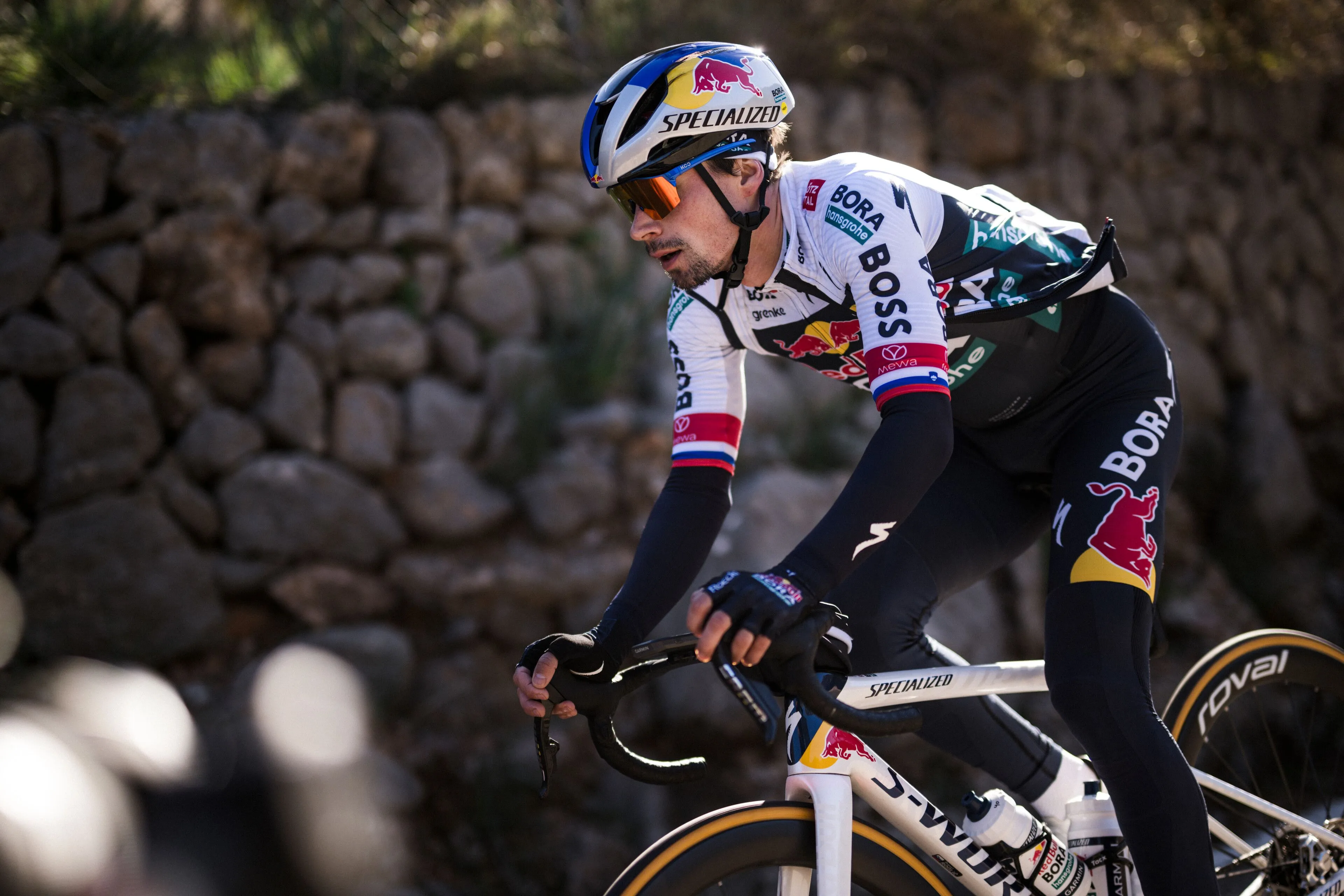
You can't push beyond your limit, even if you're MVDP.
thank you! yes, a limit is, by definition, a limit.
i made the mistake of speaking figuratively about riding beyond one’s limit, having been led astray by common cycling parlance about “limits.” e.g… A few years back, after losing a horrifically hard cx race to mvdp (in i THINK it was Namur), wout van aert said, “it has always been a great ability of mathieu to be able to ride beyond his limit. i’m capable of riding a very good finale also, but often mathieu can just go deeper than i can…”
this talk of “going deep” and “riding beyond the limit” is not scientific, clearly. it’s about some riders being able to cope with a higher degree of pain and discomfort for longer than others. cycling, we all know, is a sport defined by suffering. in many, most, or even all cases, the mind quits before the body absolutely fails — and here i AM speaking scientifically.
so, “riding beyond one’s limit” could be understood to literally (or even clinically?) mean having the ability to cope with pain in a way that gets you closer to your absolute physiological limit. we all know, just as humans walking around on the planet, that everyone handles pain differently. cycling is a sport for professional sufferers. but it’s still just a microcosm of the population and some will be better at it than others, and SOMEBODY is going to be the “best” at it. that IS an absolute. now, i dunno if mathieu is THAT GUY, but he certainly appears to be on the short list.
thanks for the comment. checking sloppy language is worthwhile and often stimulates thought and discussion. hopefully someone else will say something a lot more interesting about what “limits” mean in cycling than i have. HAPPY NEW YEAR!!!
It’s one of those words everyone has a right to use in the way they feel and it is up to the reader/listener to interpret in which way it was intended. Some people or more, others less good at that but in this age many deliberately misinterpret, they (no-one in particular here) know exactly what was meant but it suits agendas to pretend otherwise. That said, limits in sport are used in a multitude of ways and so understanding context is crucial, you can pass your current limit (skill, physical, mental, performance, and improve, it’s something we all do, we have to to get from current to future level. Basically we never can attain the final limit, there is always margin for improvement but we are also always stuck at a limit until we get past it. Inthink what makes champions is that they refuse to accept their current limits and can always surprise by pushing to a new level they don’t know they’ll reach in advance. It is the nature of sport, moving the goalpost limits further and further. We have seen impossible limits come and go, eg in athletics 10s sprint 4m mile 1h semi and soon 2h marathon, 9000 decathlon. With accidents it’s different again, non-fatal ones allow us to learn where limits are or were and see if we can push them more, fatal ones embed an image of defined limits that can’t be altered.
Just like speed limits on the road. It is impossible to exceed them.
chapeau.
i know what you mean about willful misinterpretation, but it’s better for my peace of mind to just proceed as if everyone is being completely sincere.